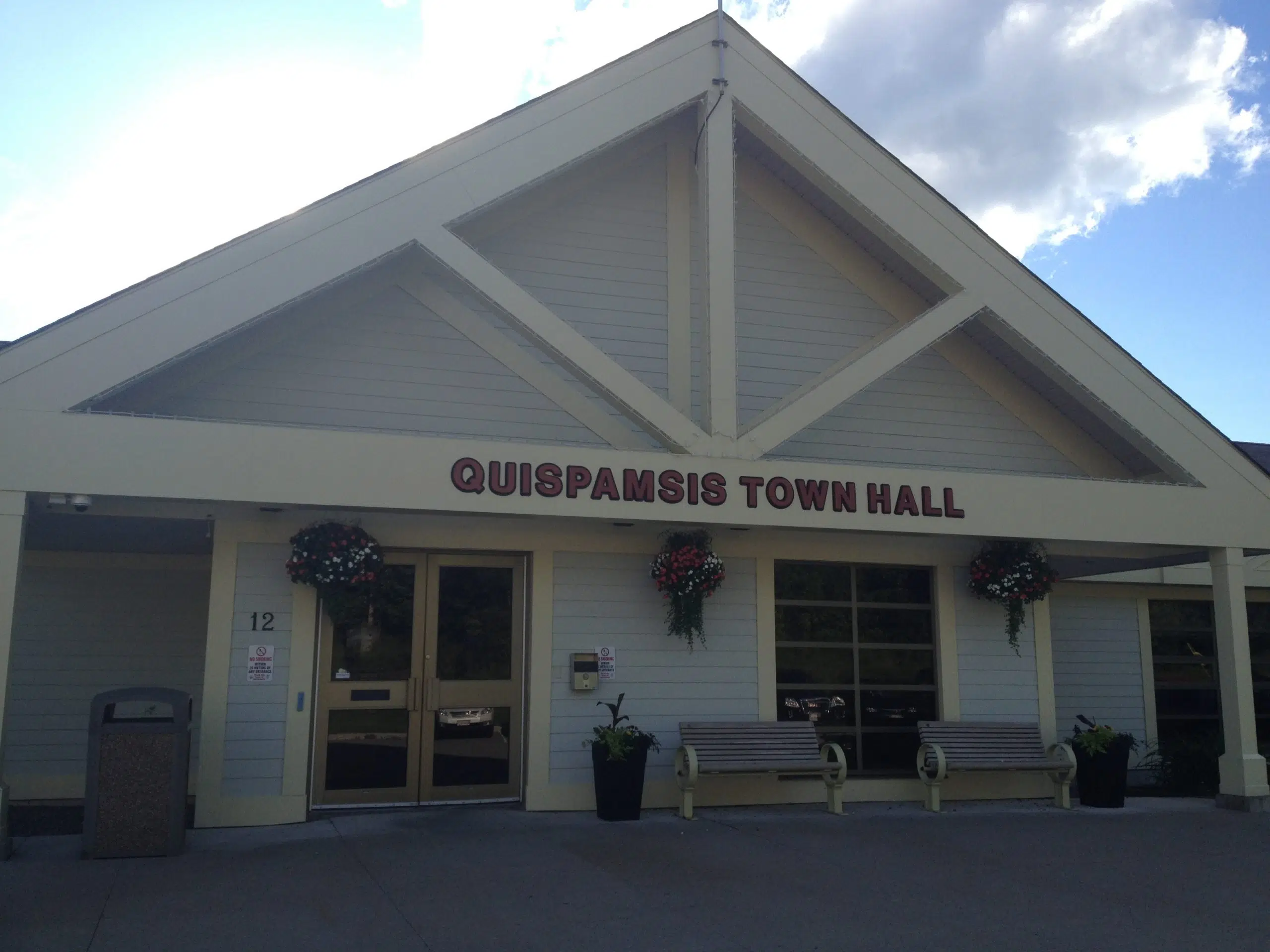Quispamsis council is lobbying the provincial government to allow for photo radar to be used in the town.
Coun. Kirk Miller brought forward the motion during the town’s regular council meeting last week.
Miller said speeding is probably the top complaint he and fellow councillors receive from residents.
“We’ve had multiple debates about four-way stops, we’ve tried them in different areas against recommendations, we’ve also done the speed bumps,” said Miller.
“We know that our police force can’t be every place at all the time, and we get that, but being the number one complaint we always have, hopefully, we can look at a different arsenal or a different tool for our toolkit, for lack of a better word.”
Miller said he thinks getting a couple of tickets would deter some people from speeding in the town.
He notes it is his understanding the province would have to change legislation to allow for photo radar.
“This is not a money-making thing, just so everybody knows. All fines for speeding tickets go to the province, they don’t come to the town,” said Miller.
Coun. Emil Olsen said he thinks photo radar would be a great tool for the town to improve safety.
“We have installed traffic warning flashing lights in certain areas of the town and they really do a good number at slowing people down, but I think if they knew they were being photographed, it would change the whole complex operation of vehicles speeding in the town of Quispamsis,” said Olsen.
Coun. Lisa Loughery was also in favour of the idea. She said she has seen first-hand how effective photo radar can be.
“In Edmonton, where my son lives, he drives the speed limit because of the photo radar. At one point, he did get a ticket in the mail with his picture and he paid over $100 and learned a lesson,” said Loughery.
But Libby O’Hara, the town’s deputy mayor, said photo radar may not be the be-all-end-all solution to deal with the problem.
“The speed or calming devices that we do put in, they do tend to work in those areas, but as far as getting away from those, it just seems that the speeding picks up again.”
O’Hara also pointed out that speeding within neighbourhoods is typically done by people who live there.
“I’m hoping that people will hear this and that they will ask their neighbours to slow down or whoever drives on their street,” she said.
Council agreed to send their request to the province and the Kennebecasis Regional Joint Board of Police Commissioners.




